Breaking News


Popular News

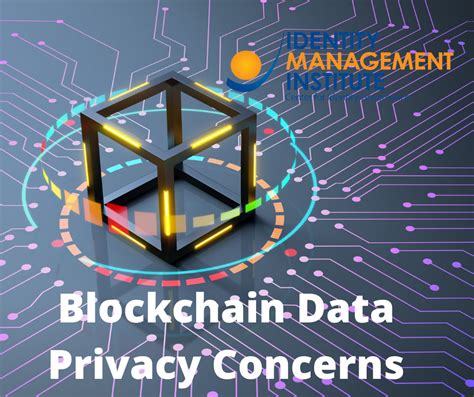
Learn about the security and privacy challenges of blockchain technology, its encryption and decentralization features, and emerging solutions in this comprehensive blog post.In today’s digital age, the growing concerns around security and privacy have led to a surge in interest in blockchain technology. With the potential to revolutionize the way data is stored and transactions are conducted, blockchain offers a promising solution to address these pressing issues. In this blog post, we will delve into the world of blockchain technology and explore its security features. We will also examine the privacy challenges that come with its decentralized nature and discuss the encryption methods used to safeguard sensitive information. Additionally, we will take a closer look at the regulatory framework for blockchain and explore the emerging solutions aimed at enhancing its security and privacy. By the end of this post, you will have a better understanding of how blockchain is addressing security and privacy concerns in the digital landscape. Join us as we unravel the complexities of this groundbreaking technology.
Contents
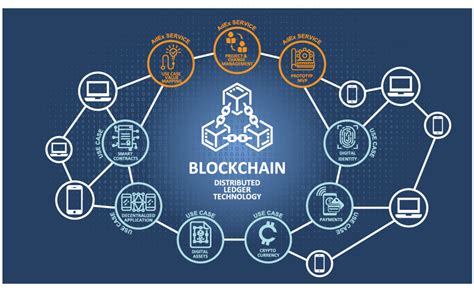
Blockchain technology is a decentralized system that enables the secure transfer of digital assets and information. It is essentially a digital ledger that records transactions across a network of computers. Each transaction is recorded as a block and linked together in a chain, hence the name blockchain. This technology has gained significant attention in recent years due to its potential to revolutionize various industries, including finance, healthcare, and supply chain management.
One of the key features of blockchain technology is its transparency and immutability. Once a transaction is recorded on the blockchain, it cannot be altered or deleted, providing a high level of security and trust. Additionally, blockchain does not rely on a central authority, making it resistant to fraud and manipulation. This distributed and decentralized nature of blockchain ensures that no single entity has control over the entire network, enhancing security and reliability.
Furthermore, blockchain technology utilizes cryptographic techniques to secure the data stored on the network. Each block contains a unique cryptographic hash that is linked to the previous block, creating a tamper-proof system. This ensures that the integrity of the data is maintained, protecting against unauthorized access and tampering. As a result, blockchain technology provides a secure and transparent platform for conducting transactions and sharing information.
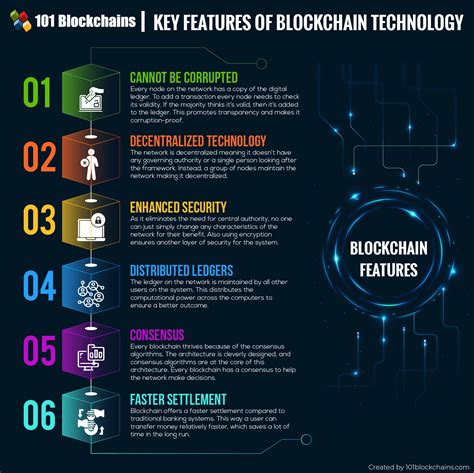
Blockchain technology is known for its robust security features that make it a reliable platform for transaction and data management. One of the key security features of blockchain is the use of cryptographic hash functions to secure data within the network. Each block in the blockchain is linked to the previous block using a cryptographic hash, making it virtually impossible to alter the data without being detected.
Another important security feature of blockchain is decentralization. By distributing the data across a network of computers, blockchain reduces the risk of a single point of failure. This makes it difficult for hackers to compromise the entire system, as they would need to gain control of a majority of the network in order to tamper with the data.
Moreover, consensus mechanisms play a crucial role in the security of blockchain. Through the use of consensus algorithms such as Proof of Work (PoW) or Proof of Stake (PoS), blockchain networks ensure that all participants agree on the validity of transactions. This helps to prevent fraudulent activities and unauthorized changes to the blockchain.
| Security Features of Blockchain |
|---|
| Cryptographic hash functions |
| Decentralization |
| Consensus mechanisms |

Blockchain technology has been widely acclaimed for its potential to revolutionize various industries, including finance, healthcare, and supply chain management. However, as the use of blockchain continues to expand, so do the privacy challenges associated with this technology. One of the fundamental principles of blockchain is its transparent and immutable nature, where every transaction is recorded on a public ledger. While this provides a high level of security, it also raises concerns about the privacy of personal and sensitive information.
One of the main privacy challenges in blockchain is the issue of anonymity. While the use of pseudonyms can provide a certain level of privacy, it is not completely foolproof. In some cases, it may be possible to trace a user’s identity through various methods, potentially compromising their privacy. This is particularly concerning in industries where the privacy and security of sensitive data is paramount, such as healthcare and finance.
Another privacy challenge in blockchain is the risk of data leakage. With the widespread adoption of blockchain technology, there is a growing concern about the potential for unauthorized access to sensitive information. The decentralized nature of blockchain means that once data is added to the blockchain, it cannot be easily altered or removed. While this is beneficial for security purposes, it also presents a risk if the data is not adequately protected from unauthorized access.
In order to address these privacy challenges, it is essential for organizations and regulatory bodies to collaborate on developing robust privacy frameworks for blockchain. This includes implementing encryption protocols to safeguard sensitive data, as well as establishing clear guidelines for data access and sharing. Additionally, the development of privacy-focused blockchain solutions, such as zero-knowledge proofs and ring signatures, can offer enhanced privacy protection for users and organizations.
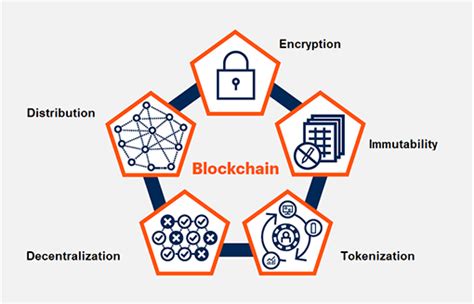
Blockchain technology has revolutionized the way data is stored and shared. One of the key components of blockchain that makes it secure is encryption. When data is encrypted, it is converted into a code that is unreadable without the proper decryption key. This ensures that the data stored on the blockchain is secure and cannot be easily tampered with.
Another important aspect of blockchain technology is decentralization. Traditional centralized systems rely on a single point of control, making them vulnerable to hacking and manipulation. Blockchain, on the other hand, is decentralized, meaning that the data is stored across a network of computers rather than in a single location. This makes it much more difficult for hackers to compromise the security of the system.
In addition to encryption and decentralization, blockchain technology also utilizes public and private keys to secure transactions. Each user has a unique set of keys that are used to sign and verify transactions, adding an extra layer of security to the system.
| Encryption and Decentralization | |
|---|---|
| Encryption | Conversion of data into a code to make it secure |
| Decentralization | Data is stored across a network of computers |
| Public and Private Keys | Unique keys used to secure transactions |
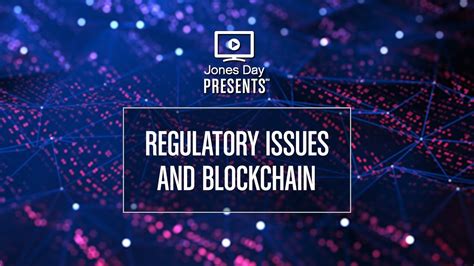
When it comes to blockchain technology, the issue of regulatory framework is a crucial aspect. The disruptive nature of blockchain has raised concerns among governments and regulatory bodies around the world. The lack of clear regulations has been a major hurdle for the widespread adoption of blockchain in various industries.
One of the main challenges in developing a regulatory framework for blockchain is the cross-border nature of the technology. As blockchain operates on a decentralized network, it becomes difficult to impose traditional regulatory measures. This has led to a fragmented regulatory landscape, with different countries taking varied approaches to address the legal and compliance issues associated with blockchain.
In recent years, many governments and regulatory bodies have started to recognize the need for a cohesive approach to regulating blockchain. Efforts are being made to establish guidelines for the use of blockchain in areas such as finance, healthcare, supply chain, and more. These regulations aim to address concerns related to security, privacy, and consumer protection, while also fostering innovation and growth in the blockchain industry.
| Key Regulatory Considerations for Blockchain |
|---|
|
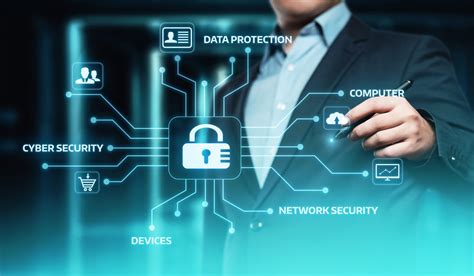
Blockchain technology has gained widespread popularity due to its potential to revolutionize various industries. However, concerns about security and privacy have been a major obstacle to its mainstream adoption. As the technology continues to evolve, new solutions are emerging to address these concerns and enhance the overall security and privacy of blockchain networks.
One of the emerging solutions for security and privacy in blockchain is the use of zero-knowledge proofs. This cryptographic method allows transactions to be verified without revealing any sensitive information. By implementing zero-knowledge proofs, blockchain networks can achieve a higher level of security and privacy while still maintaining the integrity of the data.
Another emerging solution is the integration of multi-factor authentication into blockchain systems. By requiring multiple forms of verification, such as passwords, biometric data, and unique cryptographic keys, the security of blockchain networks can be significantly enhanced. This approach helps to prevent unauthorized access and reduce the risk of security breaches.
| Emerging Solutions for Security and Privacy |
|---|
| Zero-knowledge proofs |
| Multi-factor authentication |
Overall, the emergence of these solutions is a positive development for blockchain technology, as they address the security and privacy concerns that have hindered its widespread adoption. By leveraging these emerging solutions, blockchain networks can become more resilient against potential threats and provide users with greater confidence in the security and privacy of their transactions.
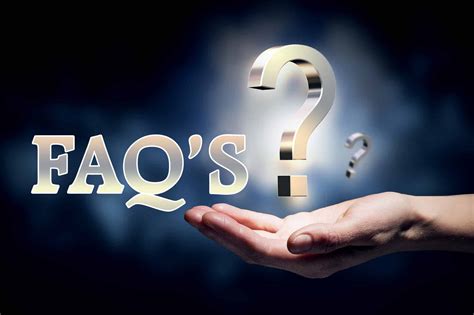
What is blockchain technology?
Blockchain is a decentralized, distributed ledger technology that records transactions across multiple computers. It is known for its security and transparency.
How does blockchain address security concerns?
Blockchain uses encryption and consensus mechanisms to secure transactions, making it difficult for hackers to tamper with the data. Once a transaction is recorded, it cannot be altered without the consensus of the network.
What are the privacy concerns associated with blockchain?
One privacy concern is the potential exposure of personal data on a public blockchain. Additionally, while the transactions are pseudonymous, they can still be traced back to individuals in certain cases.
How can blockchain enhance data security?
Blockchain’s immutability and transparency make it an ideal solution for data security. It ensures that data cannot be altered or deleted without leaving a trace, making it useful for industries like healthcare and finance.
Can blockchain be hacked?
While the blockchain technology itself is highly secure, there have been cases of hacking in cryptocurrency exchanges and wallets. These breaches are often the result of vulnerabilities in the surrounding infrastructure, not the blockchain technology itself.
What are some examples of blockchain applications in improving security?
Blockchain is being used in supply chain management to ensure the authenticity of products, in identity verification to prevent fraud, and in voting systems to secure the integrity of elections.
What measures can be taken to address privacy concerns in blockchain?
One approach is the use of private or permissioned blockchains, where access is restricted to approved parties. Another approach involves the use of zero-knowledge proofs to validate transactions without revealing sensitive information.